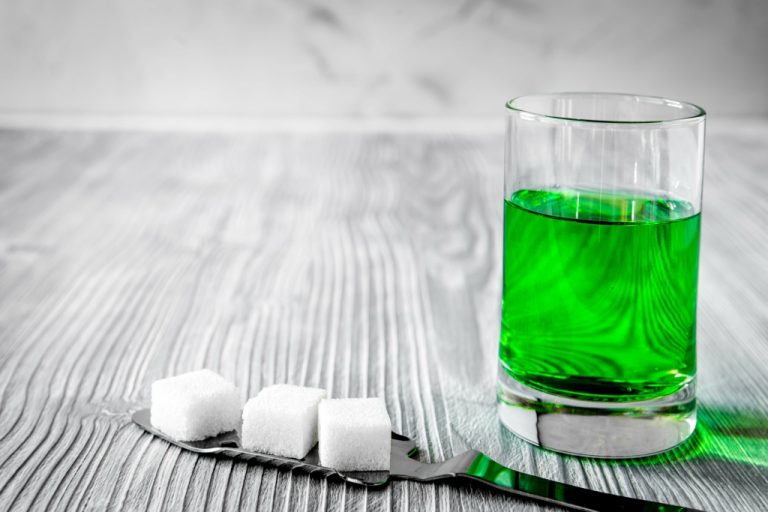In cases where alcohol intolerance is suspected, avoiding alcohol or specific ingredients that trigger reactions is the primary method for assessing sensitivity. Genetic factors significantly influence alcohol intolerance, where individuals experience adverse reactions to alcohol. Genome-wide association studies (GWAS) have identified specific genetic variants related to alcohol use disorder (AUD) and sensitivity, shedding light on alcohol intolerance. An alcohol allergy can also trigger severe reactions, including anaphylaxis, which requires immediate medical attention. This type https://hulakipati.com/2022/06/12067/ of reaction occurs when the immune system produces antibodies against components in the alcoholic beverage, not just the alcohol itself. Ultimately, if you suspect you have alcohol intolerance, consulting with healthcare professionals is the best course of action.

Enjoy drinking again and get Sunset Alcohol Flush Support for33% off while stocks last!
Medications can also interact with alcohol and create intolerance-like symptoms. Primary care Twelve-step program physicians, allergists, and gastroenterologists can perform tests to confirm alcohol intolerance and rule out other potential causes of adverse reactions to alcohol. Understanding the difference between alcohol intolerance and alcohol allergies is essential for proper diagnosis and management. While both conditions can lead to uncomfortable symptoms after consuming alcoholic beverages, their origins and how the body reacts are quite distinct.

Denying Our Mental Health: Why We Do It and How To Move Past It
- Alcohol intolerance is a medical condition that prevents your body from breaking down alcohol normally.
- A healthcare provider can offer guidance and may suggest further tests to help you pinpoint what’s going on.
- Physicians and nutritionists can guide people in making informed choices about alcohol consumption and suggest suitable alternatives for social situations.
- Alcohol intolerance is a physiological condition where the body is unable to effectively metabolize alcohol.
- However, if an underlying condition triggers your intolerance, treating that condition might improve your alcohol tolerance.
- It’s also possible to be allergic to other components in alcoholic beverages, such as sulfites or grains (e.g., wheat or barley).
Drinking when you have alcohol intolerance does increase your risk of cancer, and you should consider trying to completely stop drinking alcohol instead of just moderating it. Avoiding alcohol is always the best option for those with alcohol intolerance, as the increased acetaldehyde levels increase your cancer risk. Avoiding alcohol also helps you to avoid the unpleasant symptoms that alcohol intolerance can create. Alcohol intolerance caused by genetics is diagnosed through genetic testing. More commonly, however, it is diagnosed solely based on the occurring symptoms and their connections to alcohol. Your doctor may also order an alcohol allergy test to rule out that an allergy is causing the symptoms.
What are the Alcohol Intolerance Symptoms and Warning Signs?

Sudden onset alcohol intolerance can be an alarming experience for many individuals. It can occur overnight or after years of being able to drink alcohol without alcohol intolerance causes issue. When you’re planning to attend social events, consider chatting with the host beforehand about your needs. A simple, “I’d love to come, but I need to stick to non-alcoholic options for health reasons,” can set the tone.
